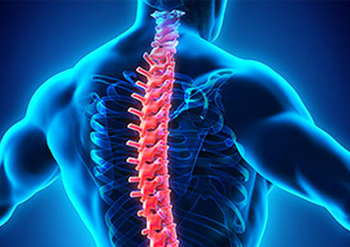

Spinal Surgery
We aim to put together the most cutting-edge scientific research and technology to create a treatment plan that is often made up of several components. We strive to avoid spinal surgery whenever possible, but if it is the only choice, you can rest assured that you are in the best of hands. We make every effort to increase the likelihood of a good outcome while reducing risk.
Common conditions
The following are some of the most common conditions that are treated:
1) cervical disc disease is a degenerative condition. Age-related degeneration causes cervical or lumbar discomfort. Spondylolisthesis and spondylosis are also included.
2) Fractures of the spine It may be caused by osteoporosis, burst fractures, or fractures and dislocations caused by injuries.
3) Tumors of the spine Astocytomas, meningiomas, schwannomas, and other tumors of the spinal canal or spinal cord.
4) Minimally Invasive Spine Surgery (MISS) Surgery for discectomies, fusions, and trauma using small incisions.
When to contact the hospital:
Neck pain, Backpain, Pain in upper or lower limbs, Tingling/numbness in limbs, Difficulty carrying items, Difficulty walking, Weakness in limbs are all common spinal conditions that may involve more examination.
- Sudden extreme headache
- Vomiting
- Lethargy
- Confusion
- Paralysis of all four one side of the body
- Loss of consciousness/coma
- Convulsions/seizures
- Dizziness and problems with balance
- Speech/vision difficulties
